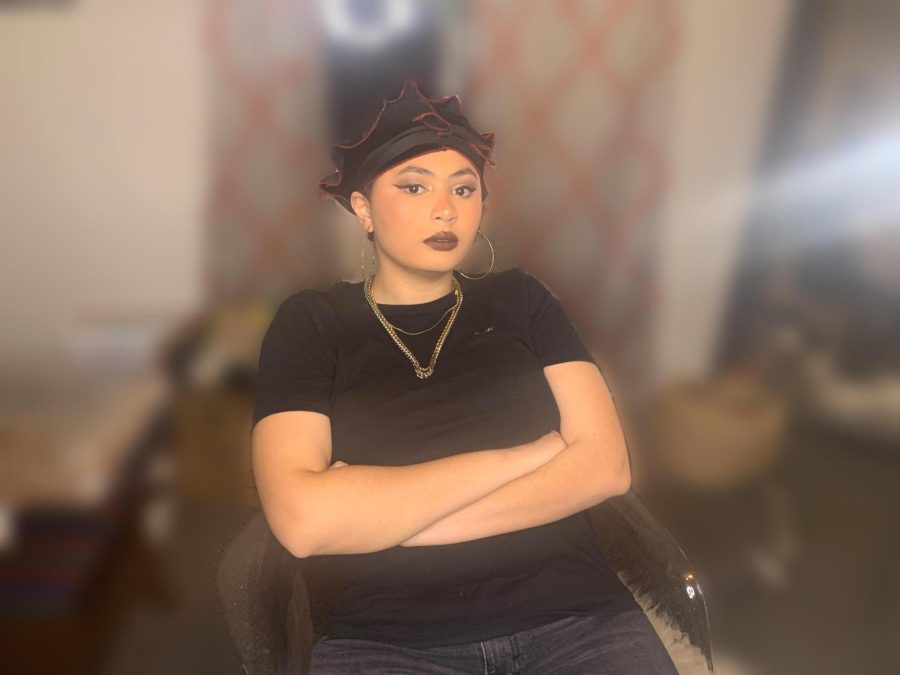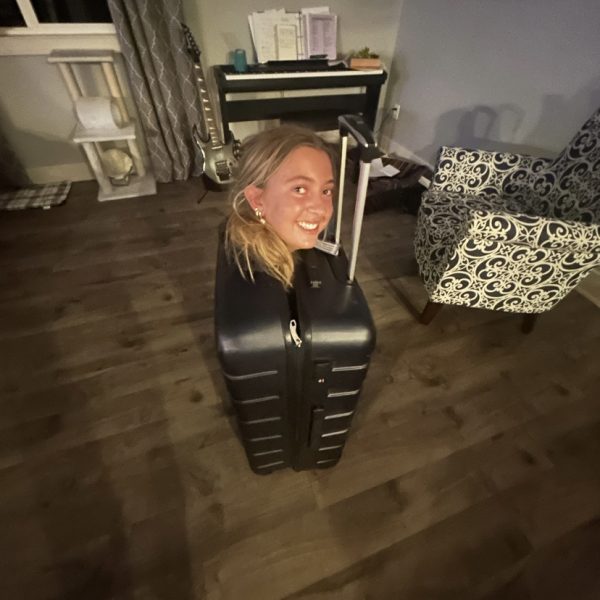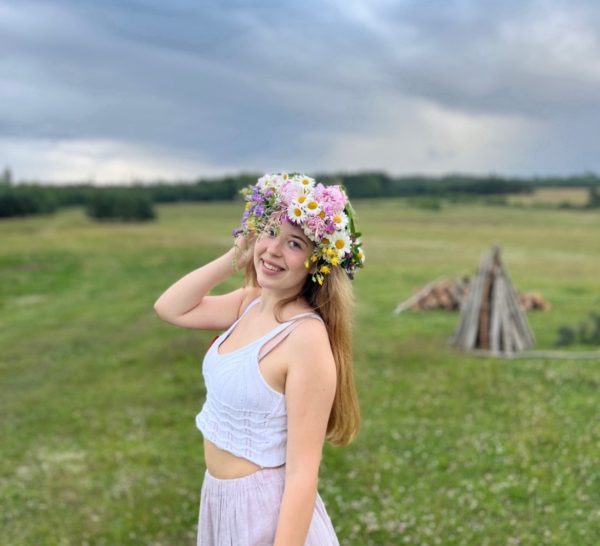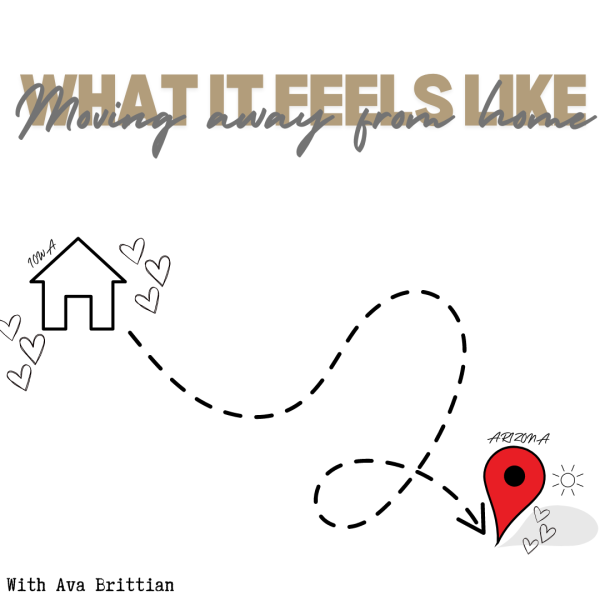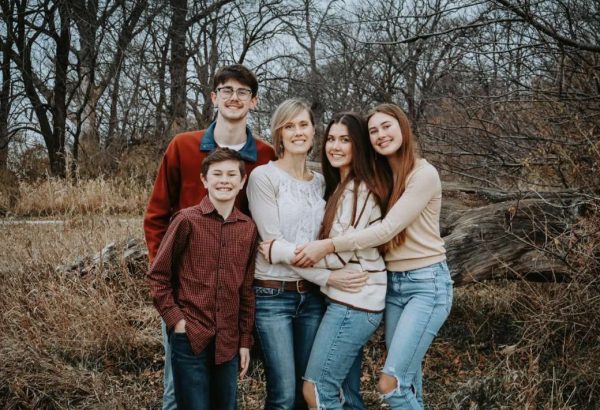What It Feels Like to Be a Person of Color in a Predominantly White Community
Rian Brewer-Hawbaker // as told to Taylor Macallister
Photo by Taylor Macallister
What people don’t realize about systematic racism is that it’s something that every person of color (POC) experiences because America was made for white people by white people. It’s like being right-handed, you never realize it but by default, most things are designed for right-handed people, like scissors. Scissors come so naturally for most people unless you’re left-handed, and then they’re just awkward to hold and use, and the only people that notice are left-handed people.
I identify as biracial, and that’s how I like to be identified by others. Being black in a mostly white community doesn’t feel great. I lose a massive part of my culture because the way black communities and white communities function are completely different. Even the parts of black culture that I can experience don’t hold the same value as if I lived in a black community. They don’t get the same appreciation because white people don’t understand these cultural aspects the way black people would. Part of the societal racism I faced was back in middle school, anyone who knew me back then would know I had no boundaries. I would go up and just touch and play with people’s hair because I didn’t realize at the time that it wasn’t okay. That’s how everyone else treated me, they would just touch my hair without asking which is why I thought it was okay. I was just acting the way that people acted towards me.
These situations obviously affect me negatively, living in a white community there is no other POC to relate to or talk to about my experiences, it feels very isolated in a sense. I try my best to just brush it off because I know that a lot of white people don’t like to admit that they’re being racist or racially insensitive. I know that I’d just be wasting my time trying to explain why people are wrong because they don’t see it the same way. Also, it’s hard to better educate white people about POC and how to treat them respectfully because they are too stubborn to admit their privilege and therefore aren’t open to even being educated or hearing other people’s point of view.
I obviously love my parents but it’s hard because they don’t understand a black culture very well, so many aspects of black culture that I practice are just written off and that’s hard. The things that get written off are very important to me and it’s very hard trying to share things that make me excited with my parents because they don’t understand and just write them off which is very discouraging. My parents also aren’t very racially sensitive so it can be difficult for me to share my struggles with them because they just don’t understand, or talk about racial issues because they don’t affect my parents negatively, so to them, it can’t affect me because “I’m not black I’m just me” when in reality that’s not true at all. I am black so black issues still affect me.
I can’t say if it’s for sure racially charged or if they just don’t like me, but I’ve had issues with a teacher because I wear hats and hoods at school. I got pulled to the side and told that if I had my hood on again I would get written up. Then immediately after that, they talked to someone wearing pajamas and said nothing when the dress code explicitly says that you cant wear pajamas to school. Again, I can’t say if it was racially motivated or if that teacher just doesn’t like me but it is a little suspicious when I, a POC, get condemned for breaking the dress code but not white students who are also in violation of the dress code.
The worst thing you can do is deny white privilege, you look ignorant. It’s not that you don’t have white privilege it’s just that you’re so privileged that you don’t see it. When you try and argue with POC on racial issues it is very disrespectful because you’re arguing on issues that don’t affect you. You’re essentially saying that you don’t care about POC, since you’re not affected by it they cant be either. Never just write off someone else’s experiences.



